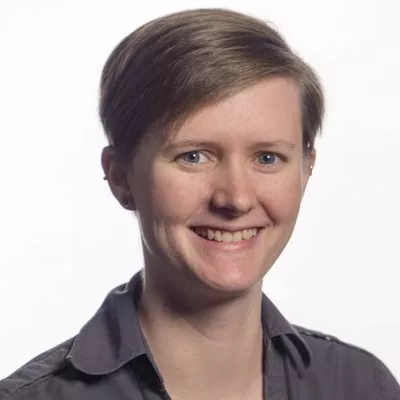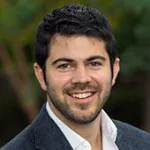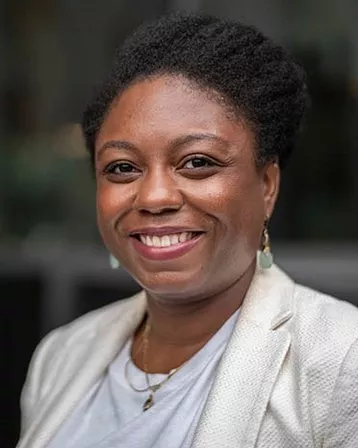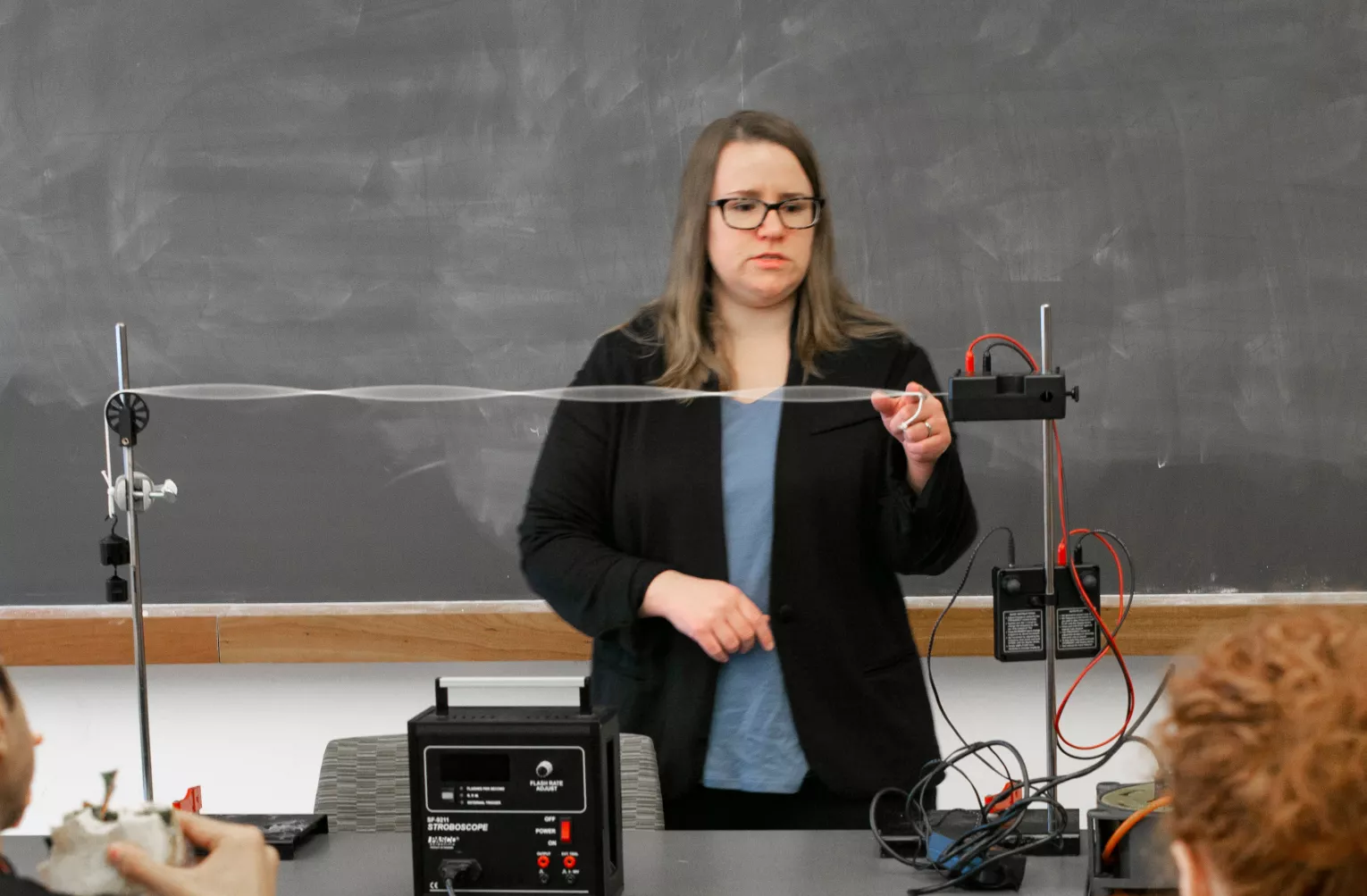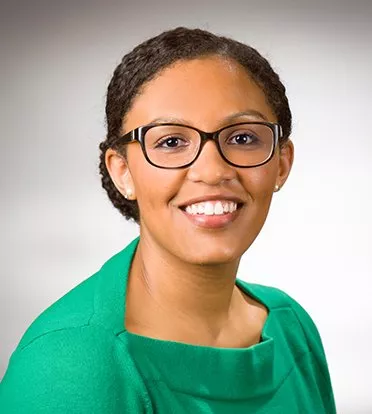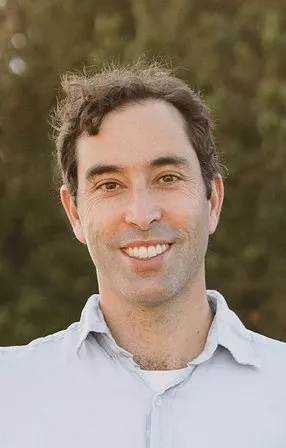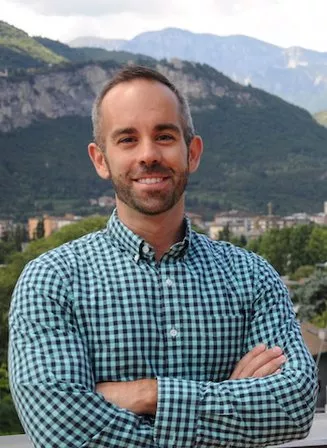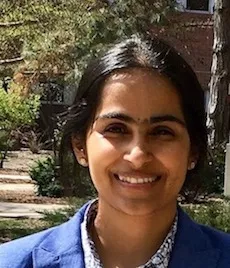Professor Maggie Delano
Tuesday, September 13, 2022
4:30pm, Scheuer Room
Improving Healthcare through Engineering Design and Methods
Engineering scholarship involves both technology design and the development of methods for the design and deployment of said technologies. As a computer engineer with a background in biomedical engineering and gender studies, my research emphasizes both design and methods, focusing on the ways that technologies can improve healthcare outcomes in an equitable manner. In this talk, I'll present my work in two areas: design of a wearable measurement system for chronic fluid overload management, and critical design scholarship on the use of sex and/or gender for medical machine learning applications. I'll discuss the clinical needs for chronic fluid overload management, the technical challenges to developing wearable monitors, and steps my research group is taking to address them. I'll also discuss how researchers, especially those in medical fields, can appropriately incorporate sex and/or gender into their research. I'll close with some comments on engineering design more broadly and the role of the liberal arts in engineering.
